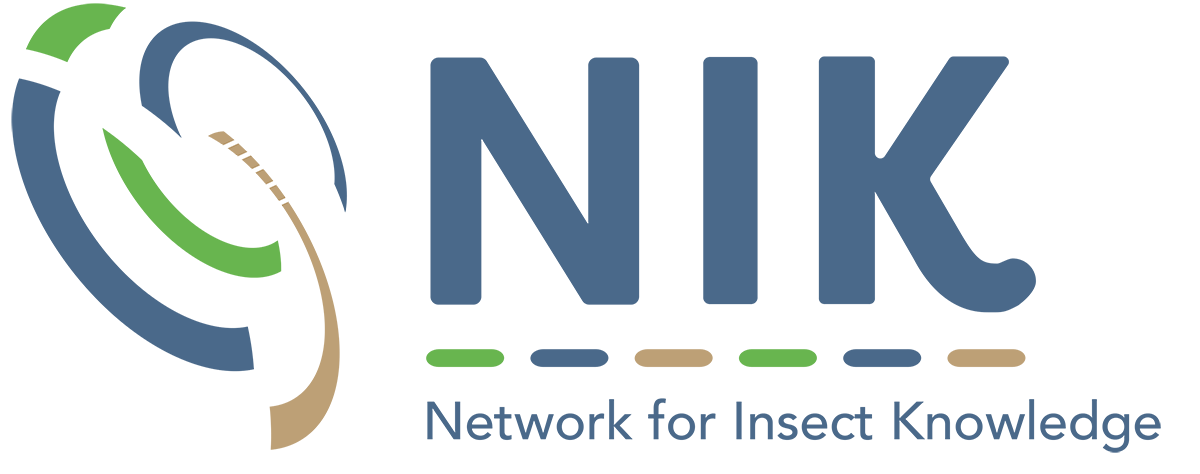
“Could eating bugs save the world?” underscores the growing significance of the insect industryand the impact it has on the world. (Hasselmann) A key player in connecting companies and sharingessential knowledge about the uses of insects, particularly for human consumption, is the Network forInsect Knowledge (NIK).
NIK, under the supervision of Petra van den Hengel, collaborates with three International Business students of Windesheim University of Applied Sciences to support the organization with the process of gaining more insight into the Polish market to share its knowledge and provide contacts to Dutch insect companies who are looking at entering the Polish market. The research was done by mostly focusing on desk research, in other words, valid and reliable scientific journals, research papers, and websites, in addition to doing one interview with a small insect company in Poland. The research is focused on what market insights and information can the network provide.
The research is focused on what market insights and information can the Network for InsectKnowledge (NIK) provide to Dutch insect companies interested in possible opportunities in Poland orseeking to enter the Polish market, guided by the key dynamics within the Polish insect market,especially market opportunities, successful entry and differentiation? For Dutch businesses, the research on entering the Polish insect industry offers crucial insights.First and foremost, it is crucial to consider political, environmental, social, technological, economic, andlegal aspects. The secret to being successful in the market is to align with Poland’s sustainability goals,leverage economic growth, navigate social intricacies, embrace technological potential, and takeregulatory considerations into account. Particular laws, technological constraints in the early stages ofproduction, existing distribution networks, and potential for cooperation also shape the industry.Opportunities for possible successful market entry are highlighted by marketing methods, thedominance of online sales, the effectiveness of sensory marketing, and consumer preferences.Dynamic potential in animal feed, supplements, snacks, cosmetics, and pharmaceutical uses is shownby trend analysis. Promising strategies include diversification in line with consumer preferences,emphasizing nutritional benefits, and applying cutting-edge applications in cosmetics. The socio-economic potential highlights the industry’s wider influence. It is advised to engage in strategicpartnerships, integrate with political and environmental agendas, and differentiate products throughcreative uses. Furthermore, overcoming cultural gaps necessitates determined yet adaptableleadership, particularly given Poland’s significant power distance. Good cross-cultural collaborationsbetween Polish and Dutch companies require embracing cultural sensitivity, being adaptable, andcooperating. Ultimately, success depends on having an open mind about partnerships, cooperation,and products. With all this being said it will be a significant challenge to enter the Polish insect marketconsidering the negative attitude consumers have toward insect products.
For more information please reach out to the Network of Insect Knowledge.
Sincerely,
Shané Bucas, Melanie Pham and Windia Rathakrishnan
